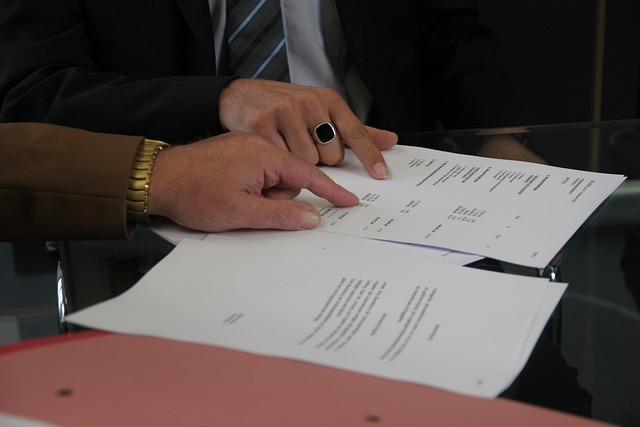It is possible to sell a property on someone’s behalf if you have been appointed as their attorney under a valid Power of Attorney. However, there are important rules and safeguards in place to make sure this is done properly and in the donor’s best interests.
This guide explains when and how a property can be sold under a Power of Attorney, what legal requirements must be met, and what an attorney cannot do.
Can an Attorney Sell a Property?
Yes — but only if the Power of Attorney gives you that authority.
If you are acting under a Property and Financial Affairs Lasting Power of Attorney (LPA) or an Enduring Power of Attorney (EPA) (used before 2007), you may handle financial matters such as selling a house.
It’s essential that:
- The Power of Attorney is registered with the Office of the Public Guardian (OPG), and
- It covers property and financial affairs, not just health and welfare.
An attorney acting under this authority can take care of the entire sale process — instructing estate agents, signing documents, and completing the sale — but must always act in the donor’s best interests, as required by the Mental Capacity Act 2005.
Legal Requirements for Selling a Property Under a Power of Attorney
Before you can proceed with the sale, make sure:
- The Power of Attorney gives permission to manage the donor’s property and finances.
- The document has been properly registered with the OPG.
When creating a Property and Financial Affairs LPA, the donor can choose whether it can be used:
- Immediately after registration, or
- Only once they have lost mental capacity.
If the second option applies, the attorney must provide medical evidence that the donor no longer has capacity before proceeding with the sale. If the donor still has capacity, the attorney may only act with their consent.
Importantly, the donor must be alive for a Power of Attorney to be used. The authority ends immediately upon their death, at which point their Will and the executor take over responsibility for dealing with the estate.
What Can’t an Attorney Do When Selling a Property?
An attorney must act within the limits of the Power of Attorney and in the donor’s best interests at all times. This means they cannot:
- Continue to act after the donor’s death.
- Ignore any restrictions written into the Power of Attorney.
- Use sale proceeds for their own benefit.
For example, if the LPA says the property can only be sold to pay for care home fees, the attorney must follow that instruction exactly. All sale proceeds must be paid into the donor’s account and used for the donor’s benefit.
Attorneys must also avoid conflicts of interest. Misusing their position could result in investigation by the Court of Protection, loss of attorney powers, or even criminal penalties.
Can an Attorney Sell the Property to Themselves?
Generally, no. Selling the donor’s property to yourself (or a close relative) would usually be seen as a conflict of interest and is not allowed without express legal permission.
In limited cases, the Court of Protection may approve such a sale if it is clearly in the donor’s best interests and the property is being sold for fair market value. Authority would need to be sought from the Court of Protection before the sale can be agreed.
Can an Attorney gift the Property to Themselves or a relative?
No, there are incredibly strict rules about gifting under a Power of Attorney and a substantial gift such as a property would be strictly prohibited. Anything the attorney does must be in the donor’s best interests and gifting or tax planning is not considered in the donor’s best interests by the Courts.
How Long Does an Attorney Have to Sell the Property?
There’s no set time limit. However, an attorney’s authority lasts only while the donor is alive, and any sale should be handled with reasonable care and speed — especially if the funds are needed urgently, such as to pay for care fees.
How We Can Help
Our team can:
- Advise on Powers of Attorney and their legal implications.
- Prepare and register LPAs with the Office of the Public Guardian.
- Provide certified copies for use with banks and solicitors.
Our experienced private client solicitors are here to make sure everything is done correctly, efficiently, and with care — giving you peace of mind that your loved one’s affairs are in safe hands.




